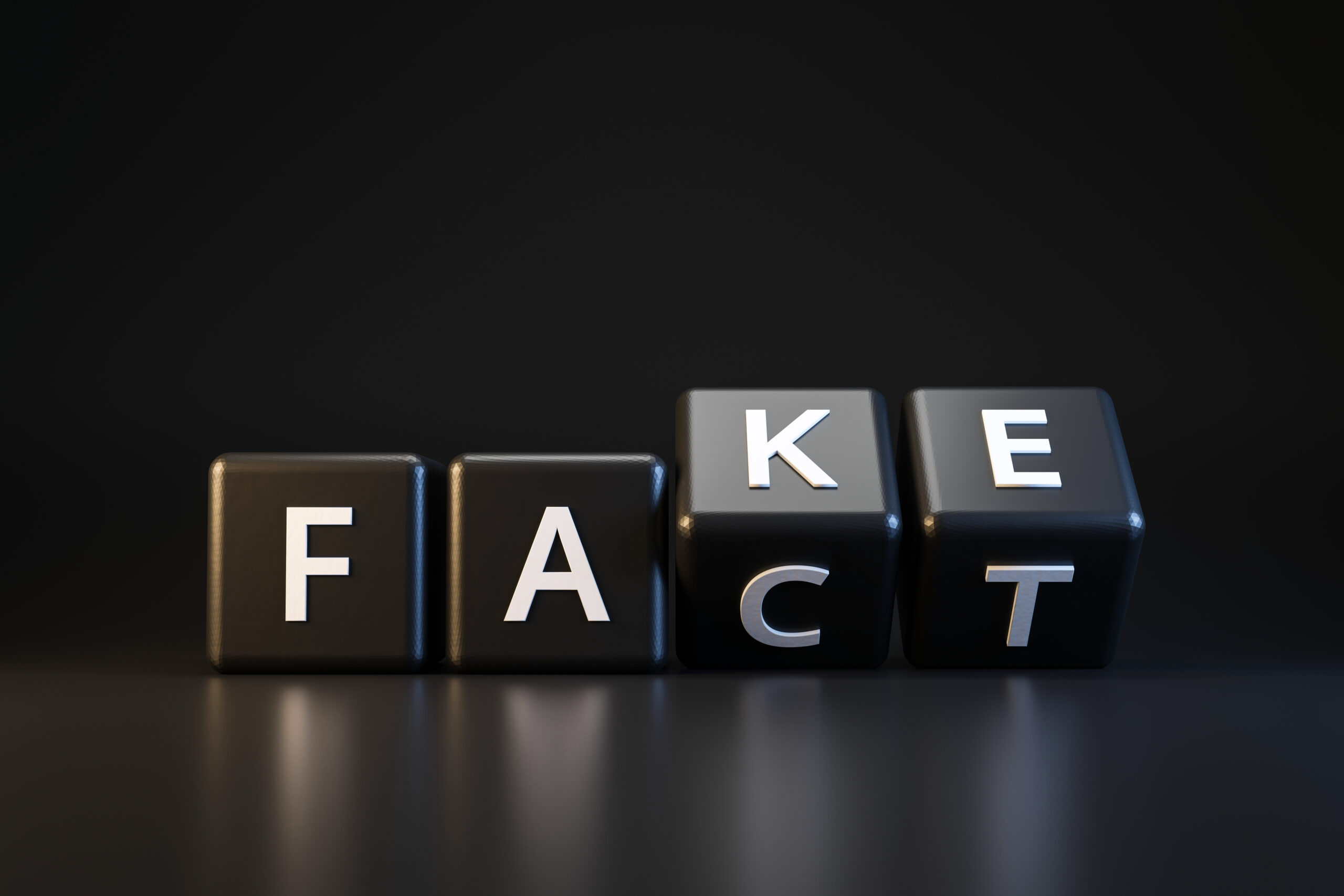I still recall my university subject coordinator giving me a weird look when they reviewed my list of proposed subjects for the year. In there was mathematics, computer science, physics, psychology and philosophy! Definitely a weird mix of subjects but I must say that philosophy ended up being one of my favourite subjects, as it made me challenge concepts that I had taken for granted.
A good example of this was the concept of ‘truth’. Surely truth was easy to define because something is either true or false with nothing in-between. Philosophy taught me that truth is tainted by perception and actually, the real truth is often unattainable due to the presence of human interpretation and our individual conscious and unconscious biases.
Take for example two people witnessing two people arguing. One of the witnesses is from the local community and the other is a foreigner. Let’s now also imagine that, of the two people arguing, one is a member of the local community and the other is a foreigner. There is a good chance that when the witnesses are asked to give an account of the argument that one paints the local community member in a better light and other paints the foreigner in a better light. This occurs due to the individual background of each of the witnesses even though there is only one real truth.
The good news is that I am probably not stating much more than the obvious thus far. I think most of us on reflection would agree that the truth is difficult to discover in many circumstances due to human bias. In law the purpose of having a jury discuss and debate evidence to discover the truth is one way to try and overcome individual human bias.
However, the truth becomes even more complex in the current world due to the ease of dissemination of opinions, which leads to a ‘popular’ opinion. For example, if you have a large social media following and you state your opinion on a subject and all your followers read and then re-post it to their followers, then it becomes very easy to create a popular opinion. Given this popular opinion is being shared amongst people who trust the source (i.e. the people they have chosen to follow) then it can go without being fact checked and easily accepted as the truth.
Take for example your best friend. If they were to tell you yesterday’s COVID numbers in your local area then you are likely to believe this to be true without validating the information from a credible source because you trust the person giving you the information.
This brings us to the dilemma of popular opinion vs truth. How do we prevent the spread of misinformation being accepted as truth due to it being the popular opinion? Given the truth in the end is only ever a individual’s biased interpretation of the facts, is all truth just popular opinion? If this is the case then does it just become a numbers game where in order for something to be accepted as true it has to be the popular version of the facts?




